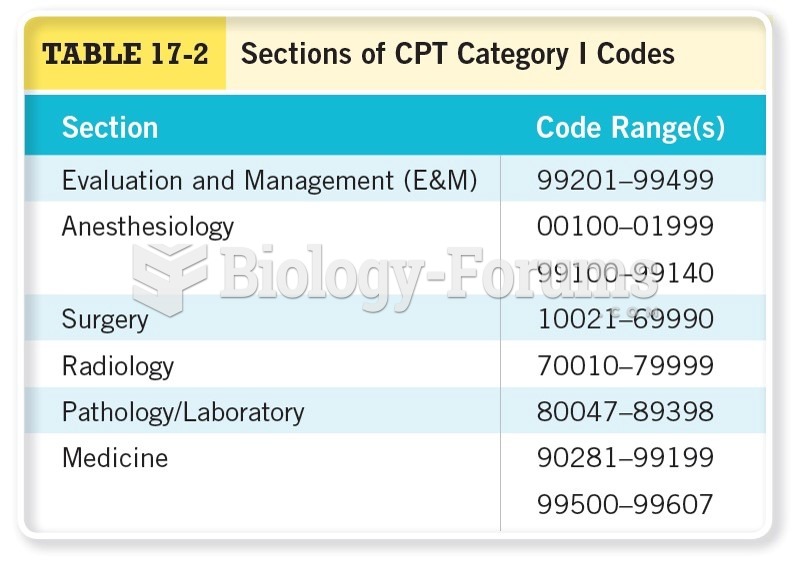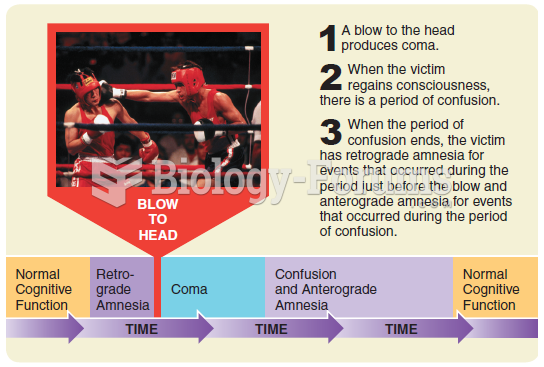|
|
|
Most childhood vaccines are 90–99% effective in preventing disease. Side effects are rarely serious.
Nearly 31 million adults in America have a total cholesterol level that is more than 240 mg per dL.
The most dangerous mercury compound, dimethyl mercury, is so toxic that even a few microliters spilled on the skin can cause death. Mercury has been shown to accumulate in higher amounts in the following types of fish than other types: swordfish, shark, mackerel, tilefish, crab, and tuna.
A seasonal flu vaccine is the best way to reduce the chances you will get seasonal influenza and spread it to others.
You should not take more than 1,000 mg of vitamin E per day. Doses above this amount increase the risk of bleeding problems that can lead to a stroke.







